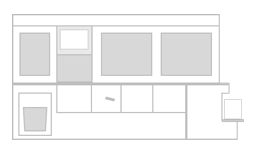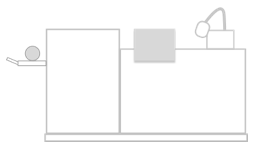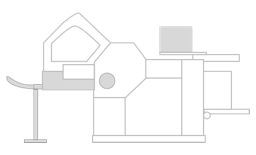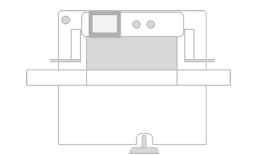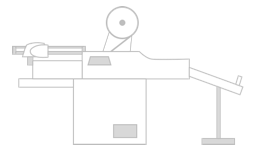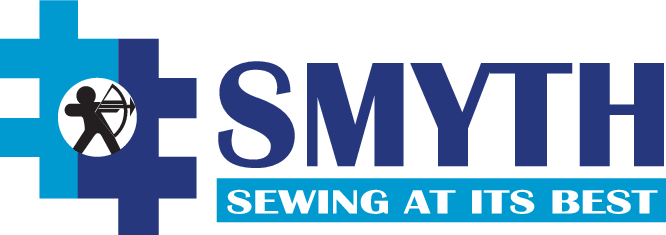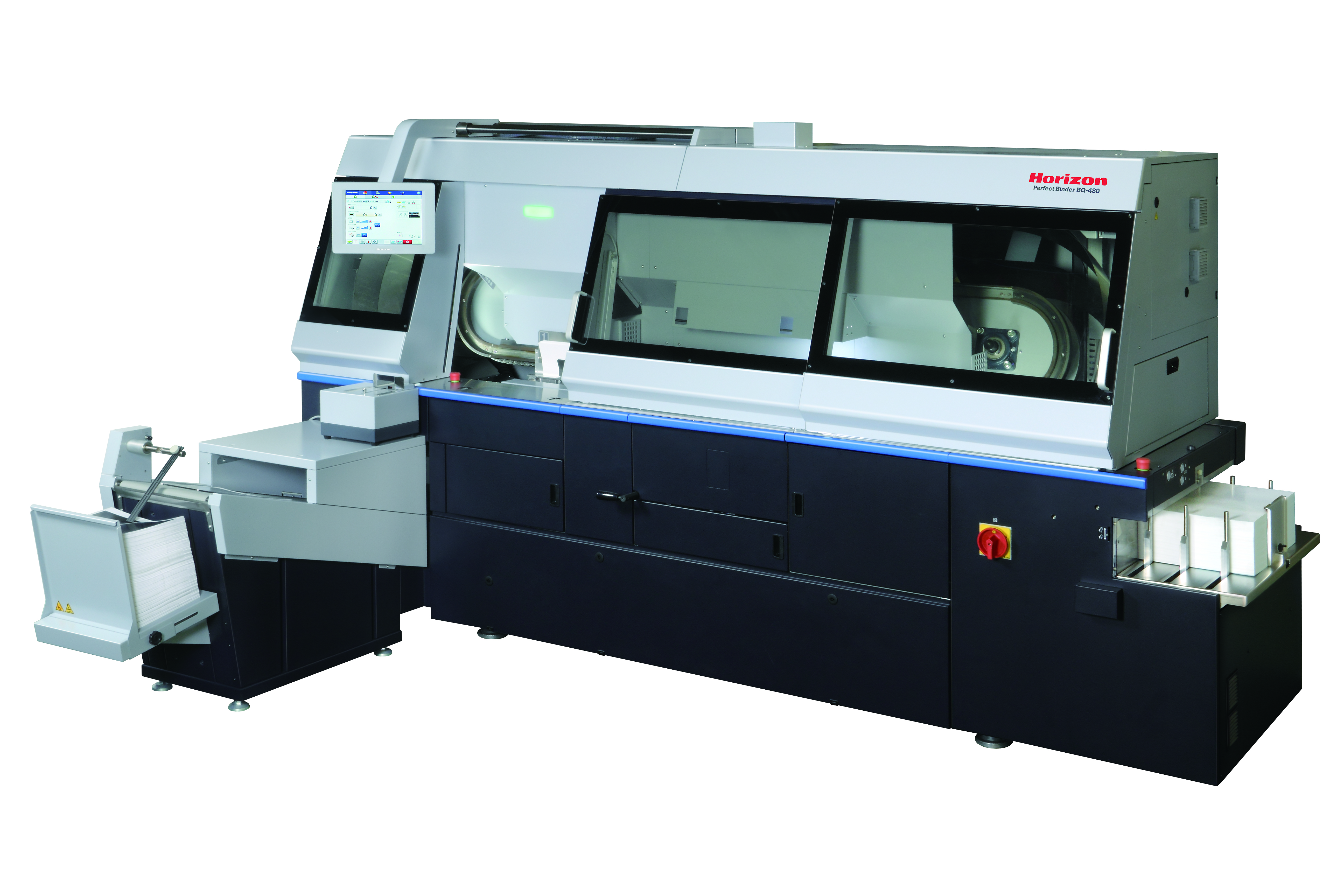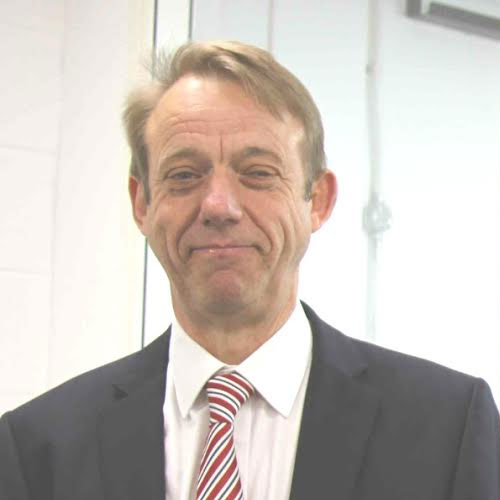Elanders has streamlined digital production and smoothed out workflow bottlenecks with investment in a perfect binding line from Intelligent Finishing Systems.
The Newcastle litho and digital print specialist has invested in a Horizon BQ-480 four clamp perfect binder and a Horizon HT-80 three-knife trimmer. Working inline the systems will complete fast turnaround short run digital work produced by three HP Indigos and some overspill work from the firm’s four Heidelberg offset presses.
Explains Elanders Production Manager David Lewis: “We were managing an increasing amount of short run jobs and needed to invest in more perfect binding capabilities to meet our customer demands. We had two Horizon BQ-270s single clamp perfect binders and decided to replace one with the BQ-480.
“We know how the Horizon systems run so it was an ideal solution to introduce. We just needed something to help us increase our ability to match the rise in volume of work.”
The highly automated four-clamp 800bph perfect binder enables quick set-up and a fast production speed for variable production. It features customised automated setup accounting for paper type, signature vs loose sheet, sewn book blocks, notch binding and other key factors ensuring effort-free high quality production. A rigid clamping system holds the book block firmly in position and a unique book delivery mechanism delivers the book gently for high quality books up to 65 mm.
The HT-80 automated three-knife trimmer features tailor-made software, that helps minimise downtime at makeready, reduce waste, increase staff flexibility and allows constant job information management.
Both are operated via a user-friendly icon-based colour touch screen and can store up to 200 jobs for faster makereadies.
As for the impact the new line has made, Lewis says: “We can complete our digital jobs much faster which means they can be finished efficiently and go straight out the door to the client. There is no need to move work around the plant and that saves us time and money. There is also a reduced need for overtime, and it has given us breathing space in scheduling. It has even increased our production capacity which would not have been possible before.”

